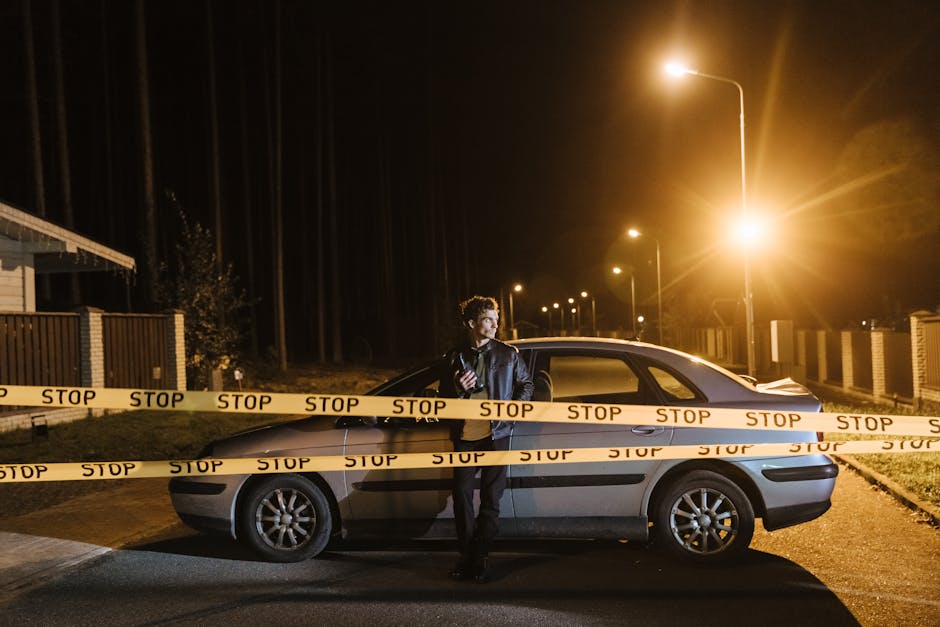Hurricane Beryl’s Devastation in Jamaica
As dawn breaks over Jamaica, the catastrophic damage from Hurricane Beryl becomes undeniable. Entire neighborhoods lie in ruins, roads are blocked by debris, and thousands remain trapped without food, clean water, or power. Despite global aid promises, relief efforts crawl forward, forcing survivors into dire conditions.
“We have no idea what lies ahead,” shared Marcia Thompson, a Negril mother of three, standing where her home once stood. “No one has come. We sleep outside, hoping the rain stops and help comes soon.”
A Nation Shattered by the Storm
Hurricane Beryl, a Category 4 monster with 140+ mph winds, ravaged Jamaica’s southern parishes—St. Elizabeth, Clarendon, and Manchester—flattening homes, triggering landslides, and collapsing bridges. Floodwaters turned streets into rivers, isolating entire communities.
Prime Minister Andrew Holness declared a state of emergency, calling the disaster “unprecedented” and pleading for international assistance. But with airports damaged and highways obliterated, aid delivery has stalled.
Aid Gridlock: Frustration Grows
Organizations like the Red Cross and UNICEF face logistical nightmares. Fuel shortages and landslides force convoys into miles-long detours, delaying critical supplies.
“We have food, medicine, and water—but no way to deliver them,” admitted David Grant of CDEMA. “Lives hang in the balance every hour.”
In Montego Bay, frustration boiled over as locals looted a stranded aid truck. “We haven’t eaten in days,” one man said anonymously. “What choice do we have?”
Hospitals Overwhelmed, Diseases Loom
The official death toll remains unknown, with remote areas still cut off. Hospitals, running on generators, face shortages of antibiotics, bandages, and painkillers.
“Patients are dying from infections we could treat,” said Dr. Lisa Palmer in Kingston. Meanwhile, overcrowded shelters risk cholera and dengue outbreaks as sanitation fails.
Global Pledges—But Where’s the Help?
The U.S., U.K., and Canada pledged millions, while Trinidad and Tobago sent emergency crews. Yet survivors see little on the ground.
“Planes land with supplies, but where are they?” asked Clive Harris of Clarendon. “My roof is gone. I need help today.”
Jamaica’s Long Road to Recovery
Rebuilding could take years. Tourism—a key economic driver—is crippled, with resorts destroyed. Farmers lost entire harvests, raising fears of food shortages.
For now, local volunteers use boats and bikes to reach stranded villages. But without large-scale aid, recovery seems impossible.
As night falls, despair deepens. “The storm passed, but our nightmare hasn’t,” Thompson said. “Will anyone remember us?”
— Reporting by NextMinuteNews




